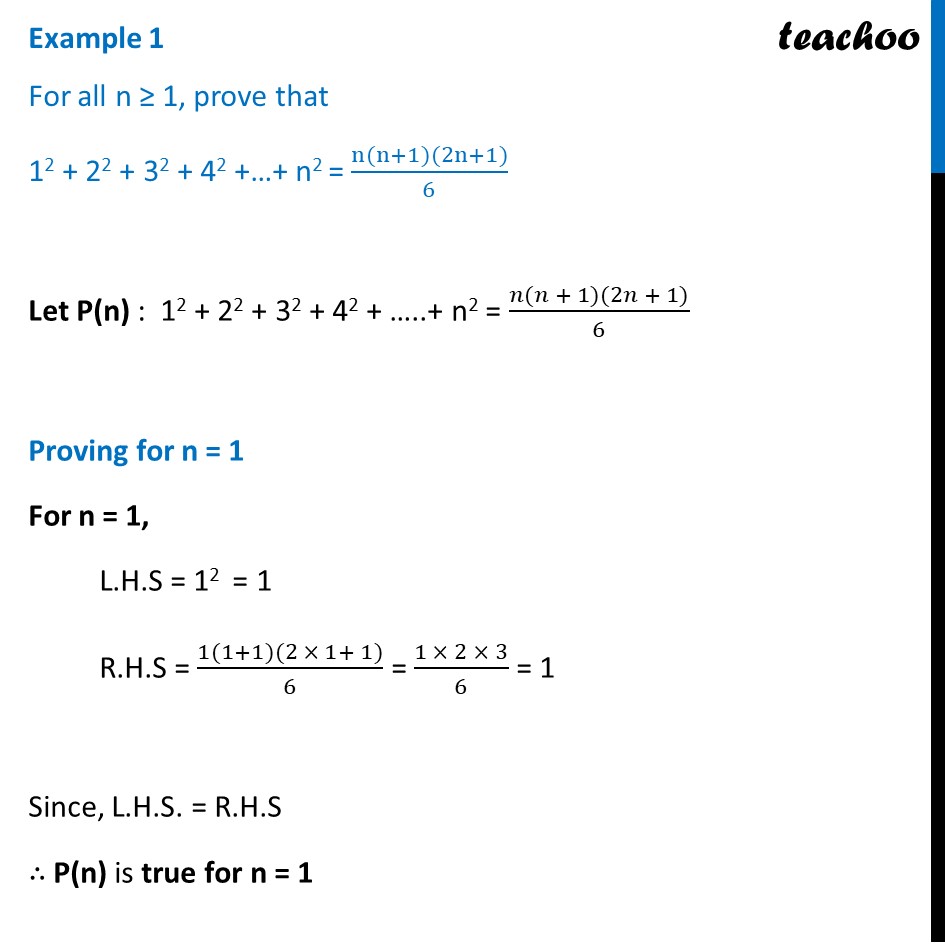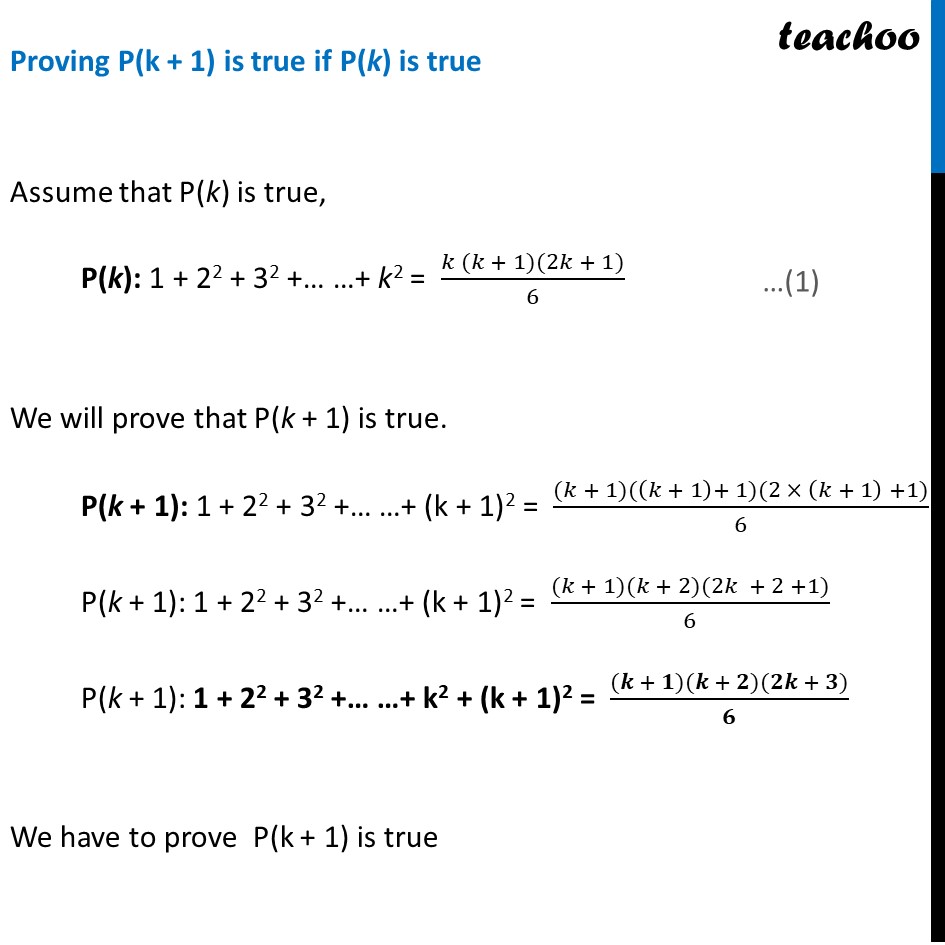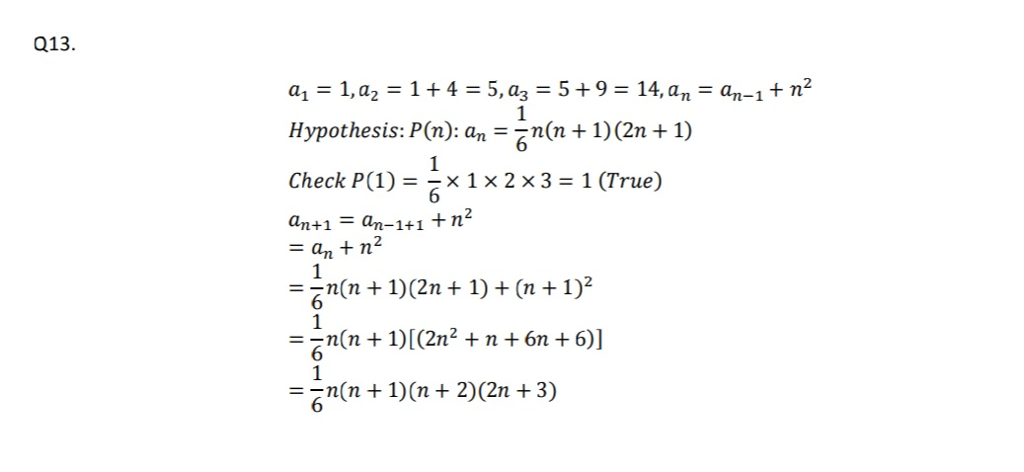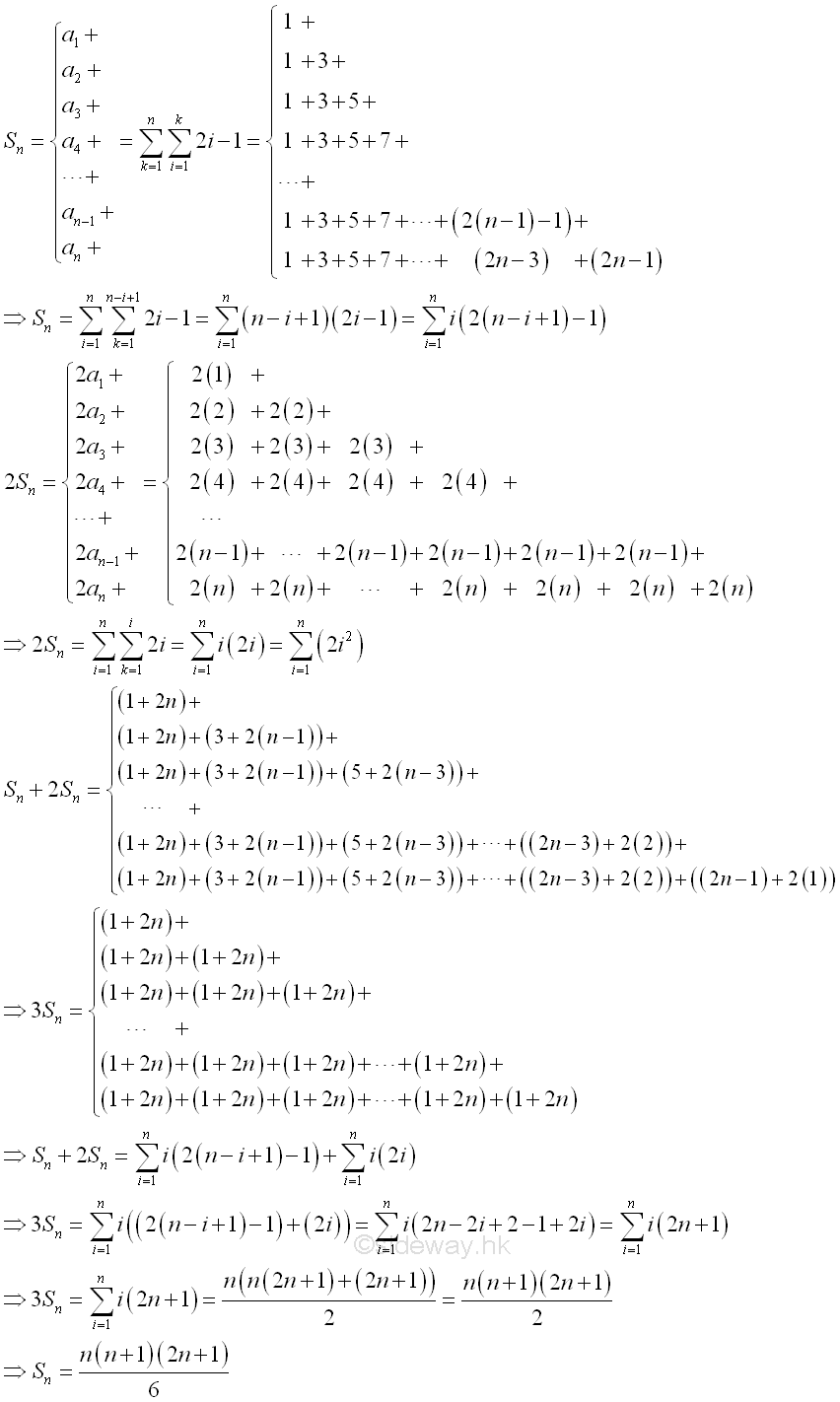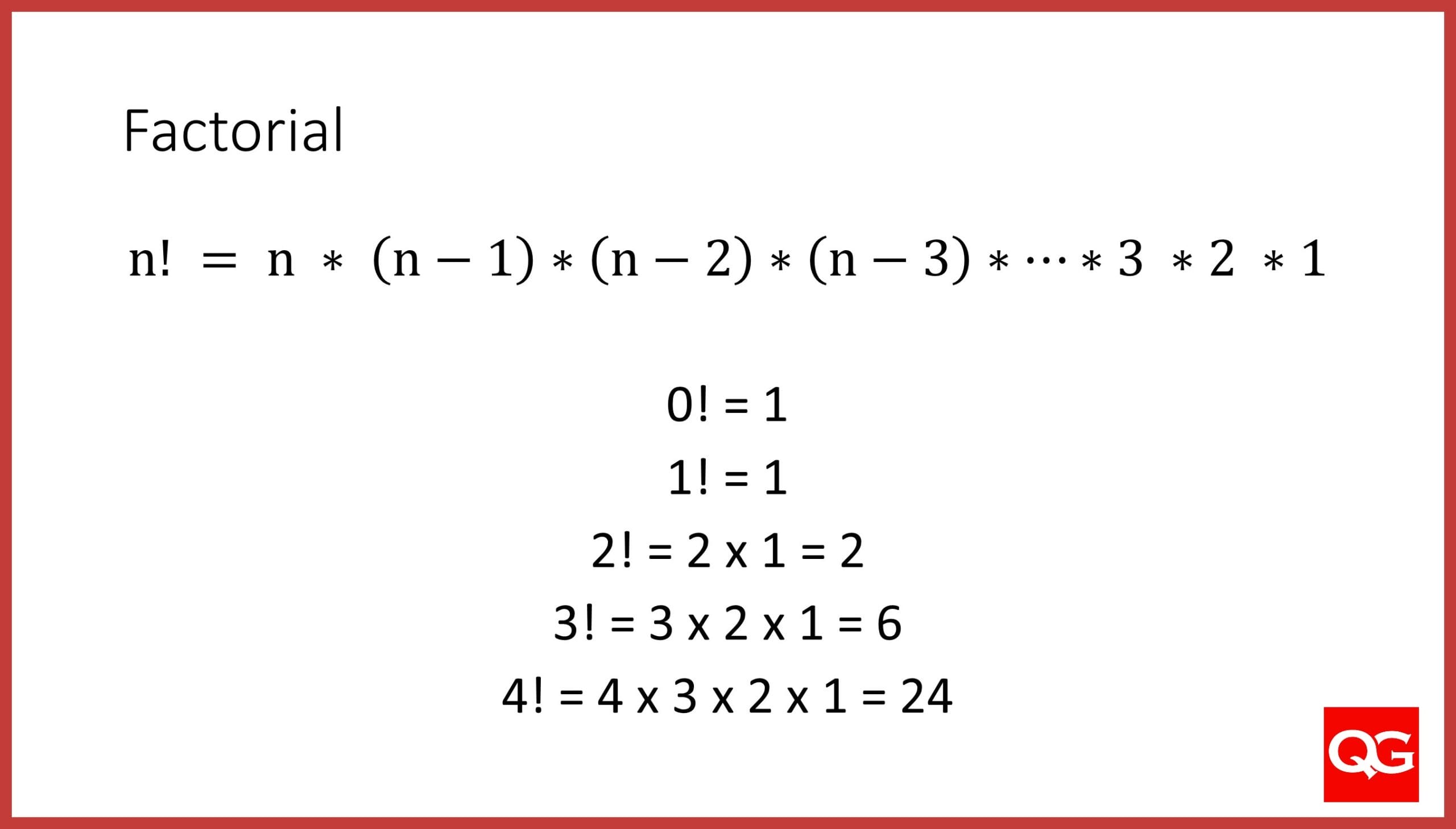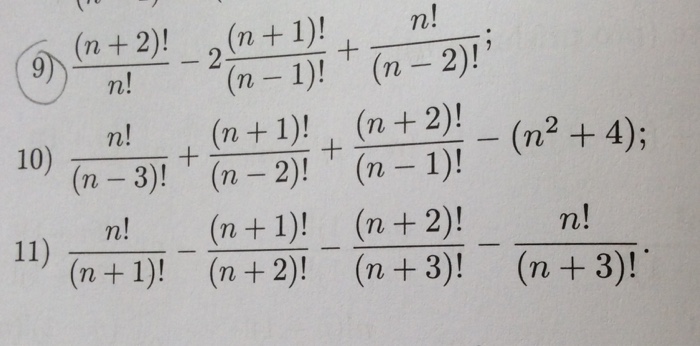
Alex-M@thém∀tiℚuεs on X: "@Lucaspal33 @wolfgang1577 @TrajectoiresPod 1^∞ est une forme indéterminée de limite. Pour te convaincre, tu peux calculer ( 1+1/1000)^1000. Et pour le démontrer, on peut utiliser x^y = exp(y lnx) et

Forum TI-Planet.org • Développements en séries entières usuels (programme mViewer GX Creator Lua Nspire)

Bonjour je suis en terminale spé maths et j'ai besoin d'aide pour un devoir sur les suites. Surtout la - Nosdevoirs.fr

Bonjour, je bloque a la question 3.EXERCICESoit (Un) la suite définie par u1 =1/2, et pour tout entier - Nosdevoirs.fr

